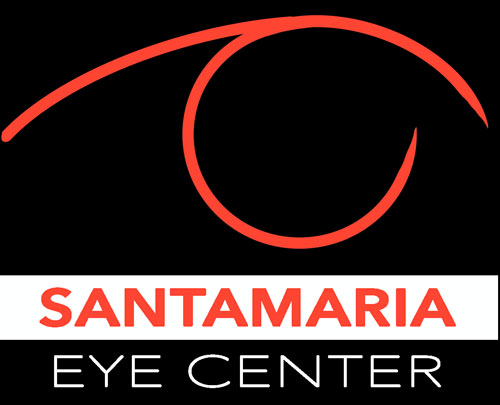What is LASIK?
What is CustomVue LASIK?
How do I know if I am a good candidate for LASIK?
How long will the correction of the LASIK procedure last?
Does LASIK hurt?
Will I experience pain after the LASIK treatment?
How long does LASIK take?
How soon after surgery will I see well?
How soon after the treatment can I bathe or take a shower?
When can I drive?
When can I return to work?
How soon after the treatment can I exercise?
How soon can I swim?
How soon after the surgery can I use eye makeup?
How long will I be using drops?
How often do I see the doctor after the surgery?
Will I need glasses or contact lenses after the LASIK treatment?
What are the risks and side effects of LASIK?
Will I need reading glasses after the treatment?
What is Monovision?
What is Refractive Lens Exchange?
Should I have a Custom LASIK eye surgery treatment or a conventional treatment?
How much does Laser Vision Correction cost? Can I afford it?
Can my employer help me pay for LASIK?
What are the realistic expectations?
Working Hours
MONDAY
9:00 AM – 4:00 PM
TUESDAY
9:00 AM – 4:00 PM
WEDNESDAY
9:00 AM – 4:00 PM
THURSDAY
9:00 AM – 4:00 PM
FRIDAY
9:00 AM – 4:00 PM
SAT / SUN
CLOSED
Take the first step toward living your best life with your personal best vision. Call to schedule an evaluation with the Refractive Surgery Coordinator.
BOOK APPOINTMENT
CUSTOMER REVIEWS
Dr. Santamaria was very patient and comforting during the entire process. I was reassured multiple times that my eyes were healthy enough for LASIK. During the procedure, he and his assistant made sure I was comfortable and made the process painless. I have had no issues since the surgery and wouldn't think twice about recommending Dr. Santamaria!
SUVOJIT C.
I couldn't be happier with the results. Many thanks to Dr. Santamaria and his staff.
MICHAEL B.
I could not be happier with the results of my surgery. I have perfect vision and no side effects. I feel like a new woman, not having to wear glasses. Dr. Santamaria is not only efficient, he is very warm and caring and provides the best treatment to all his patients.
DONNA V.
Patient Education
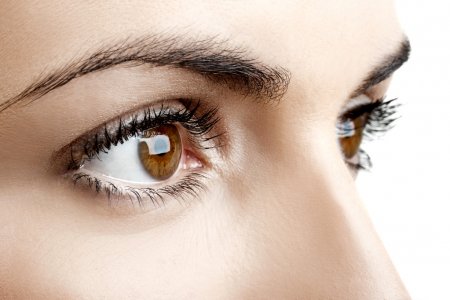
Are You A Candidate |

The LASIK Evaluation |
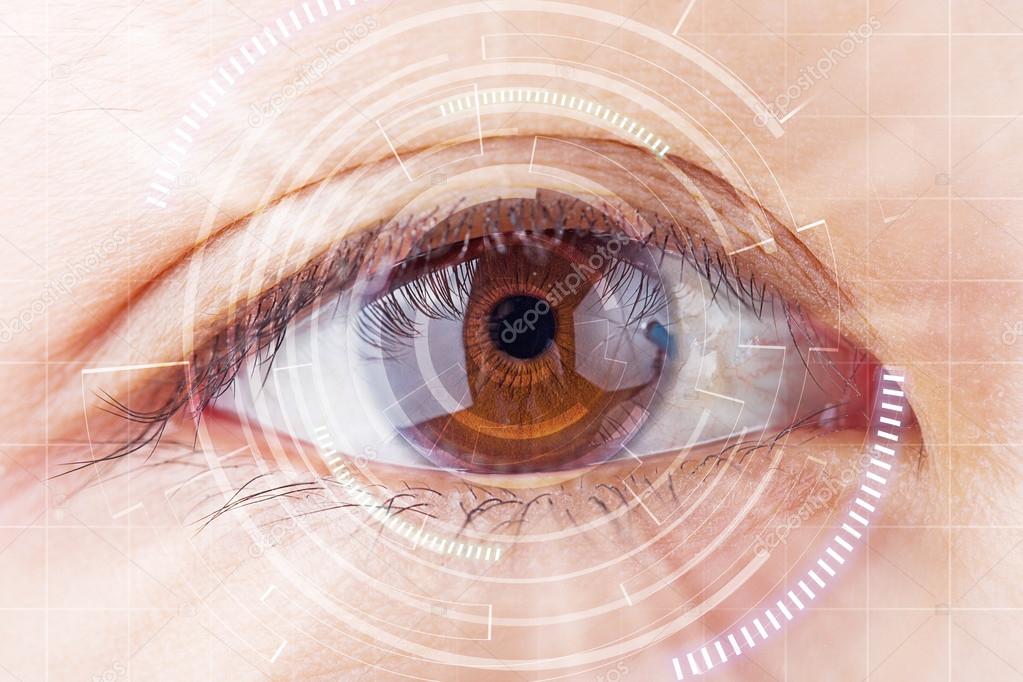
What You Need To Know About LASIK? |
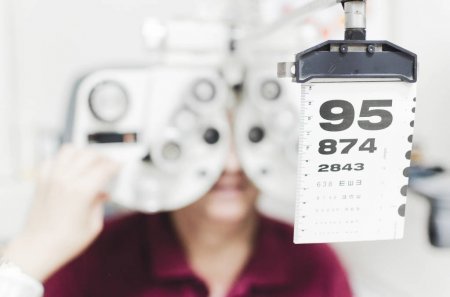
Refractive Errors |
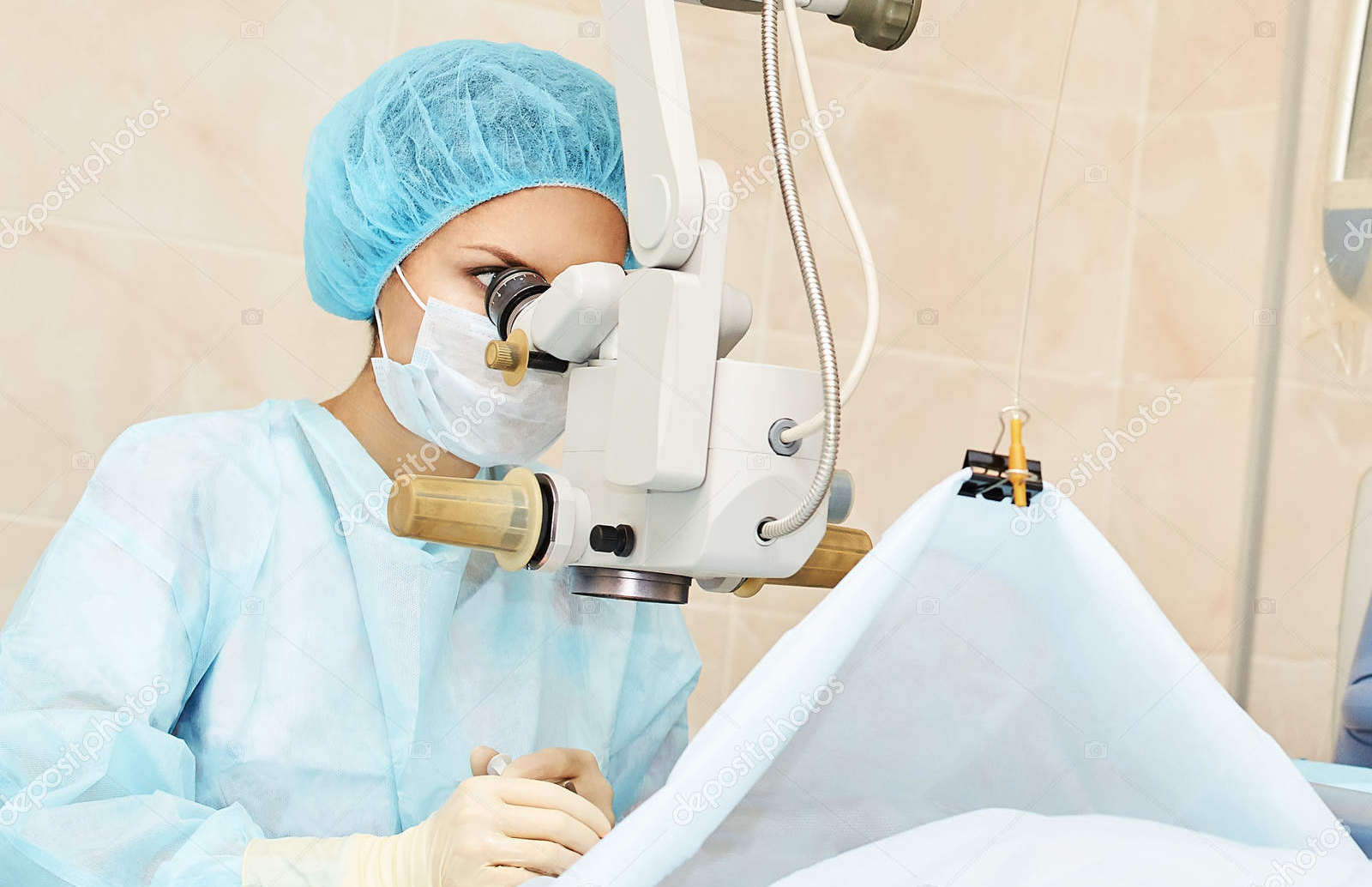
The LASIK Procedure |
